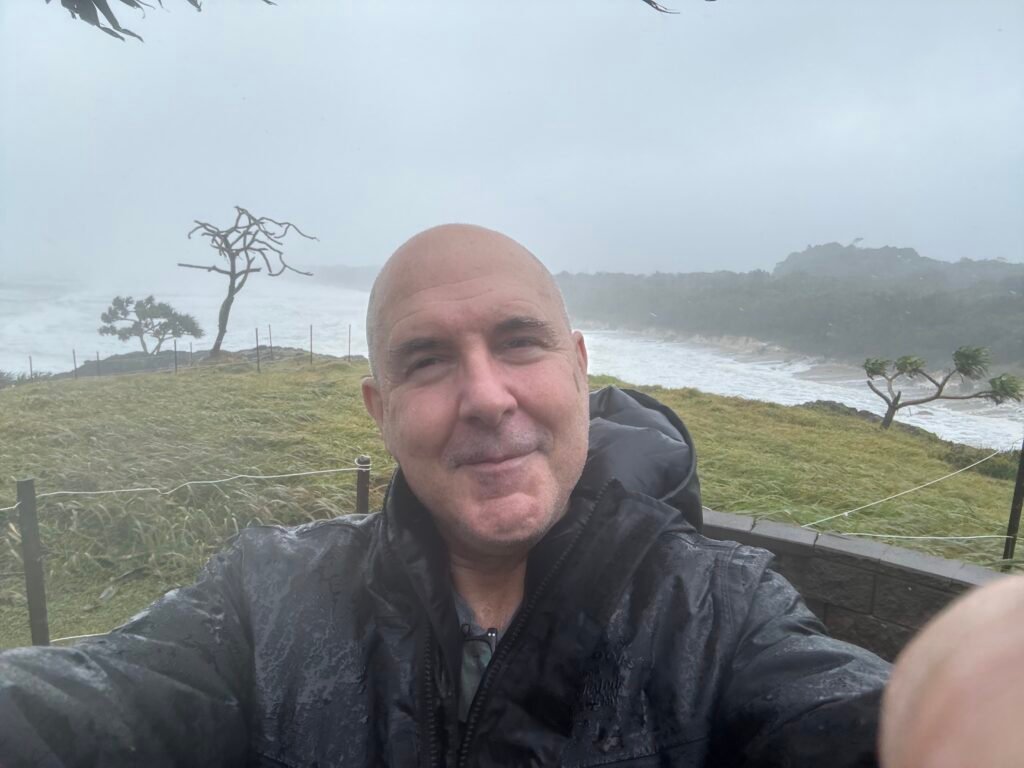By David Hennessy, Clinical Psychologist

Managing the storms of distress is a topic I discuss constantly with clients. As a clinical psychologist, I work to simplify the complexities of mental health for everyday practice.
All humans experience periods of distress. The intensity and impact vary for each person and moment. Distress may appear as worry, overwhelm, sadness, frustration, physical tension, restlessness, or a sense of being stuck. Whether mild or intense, brief or prolonged, it is something we all navigate at different points in life.
One simple and powerful strategy to assist in reducing the frequency and intensity of distress is regular intentional engagement in pleasant, personally engaging, and meaningful activities.
During periods when distress is prominent, intentional engagement in activity can take up mental space that would otherwise be filled with distressing thoughts [1]. Research on behavioural activation shows that engaging in meaningful and enjoyable activities reduces rumination, supports emotional regulation, and improves overall wellbeing.
Behavioural Activation (BA) has also been shown to reduce anxiety as part of treatment, although it is best known as an evidence based intervention for depression. Intentional engagement is one helpful component within a larger collection of psychological strategies that support recovery and wellbeing.
It is not about replacing sadness with happiness. It is about practising some conscious influence over the content of our attention. Intentional engagement to provide a degree of balance.
Consistent practice builds confidence. Regular intentional engagement strengthens our belief in our ability to cope [2][3]. With practice, we build faith in our ability to intentionally engage even during distress. This strengthens our sense of self efficacy and increases our feelings of safety. This shift toward a sense of safety supports autonomic nervous system regulation and emotional balance [4].
Intentional engagement is one component of a broader therapeutic framework that may also include mindfulness, cognitive strategies, behavioural scheduling, somatic regulation, and values based action.
Pro tip: The activity itself matters less than the meaning it holds for you.
Click here to arrange an appointment